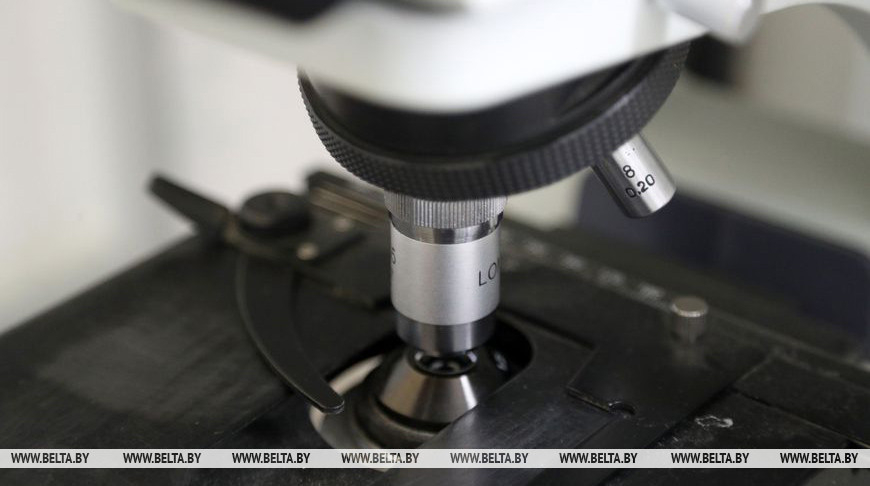
An archive photo
MINSK, 24 November (BelTA) – Maksim Kuchvalsky, Chairman of the Council of Young Scientists at the National Academy of Sciences of Belarus, appeared on the STV television channel to detail new developments proposed by young scientists, BelTA reports.
One of the innovations is the creation of polymer tiles from recycled tires. “This solves two problems at once,” said Maksim Kuchvalsky. “First, recycling – we’re turning waste into revenue. And second, it’s a low-cost way to produce coatings that can be used in various fields, for example, in agricultural buildings.”
Other advancements include a technology for processing liquid radioactive waste to extend its storage life, and a test system for allergy diagnostics proposed by the Institute of Biophysics and Cell Engineering of the National Academy of Sciences of Belarus.
In the humanities, Maksim Kuchvalsky highlighted the recently translated Latin monograph by Kazimierz Siemienowicz “The Great Art of Artillery.” He noted that it was Kazimierz Siemienowicz who originated the concept of a three-stage rocket system, later adopted by Konstantin Tsiolkovsky. “This system is used by countries in space activities,” added Maksim Kuchvalsky.

Significant physical and technical innovations feature the Institute of Powder Metallurgy’s development of friction discs for trains and transport. “Previously, such discs were purchased abroad. Now they are manufactured at Gomel Electrotechnical Plant,” Maksim Kuchvalsky stated.
Furthermore, new potato varieties “Sapphire” and “Wildberries,” developed by the Scientific Research Institute for Fruit Growing, Vegetable Growing and Potato Growing, were recently added to the Variety Testing Register and will be released to the market after trials.
The country runs the youth initiative “100 Ideas for Belarus.” Over the past 15 years, more than 20,000 projects have participated in the competition, with over 3,500 considered completed. “The developments of students and young scientists are being actively implemented in production, in the real sector of our country’s economy,” emphasized Maksim Kuchvalsky. He cited Yan Gulevich and his YACARD project, which formed the basis for the BRSM’s electronic smart tickets, as a prime example.
[Screengrab/STV]













